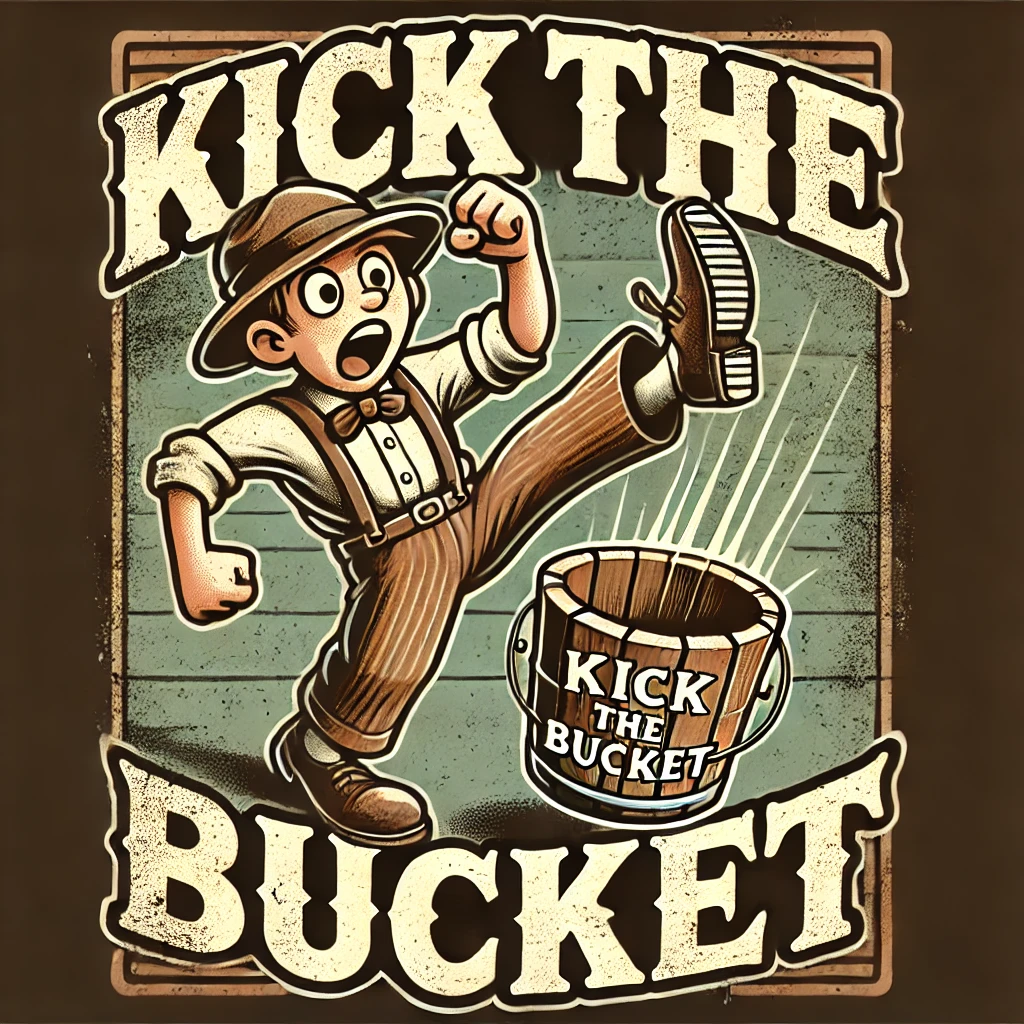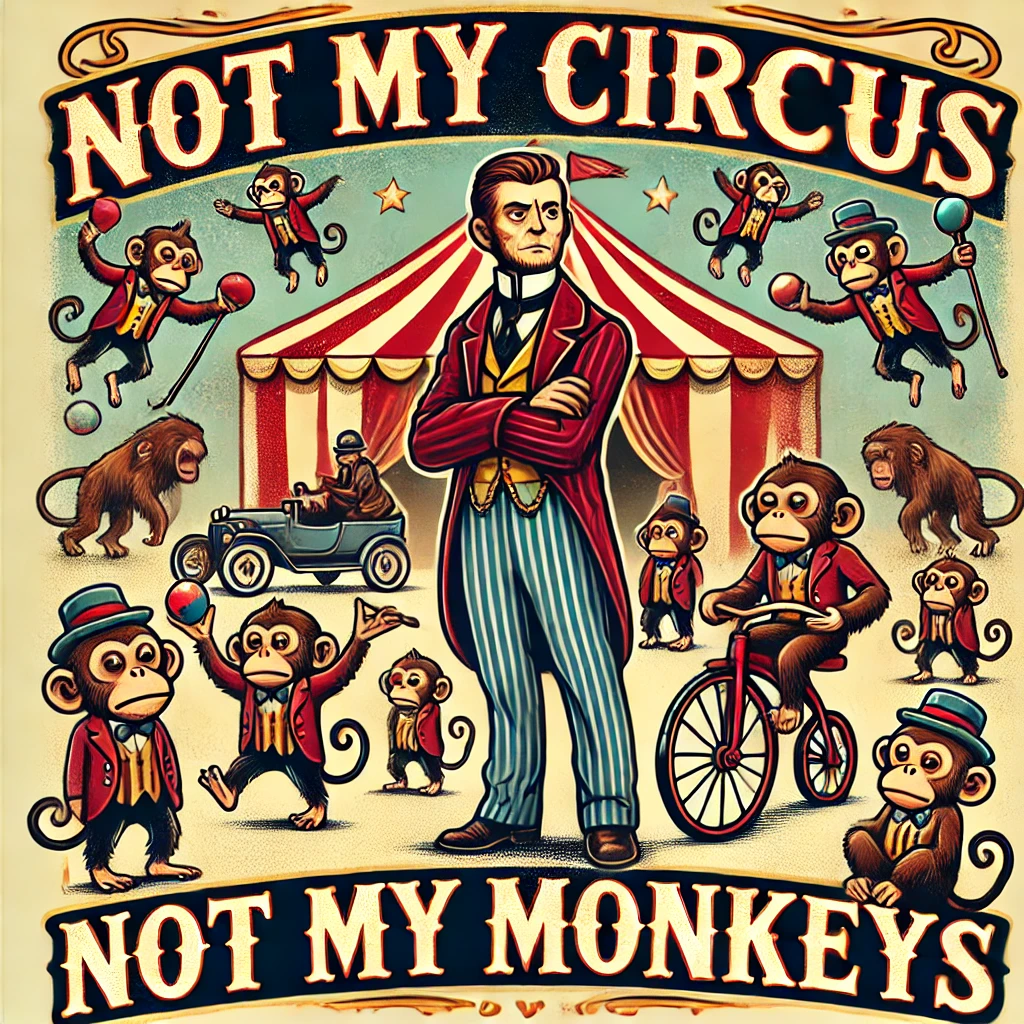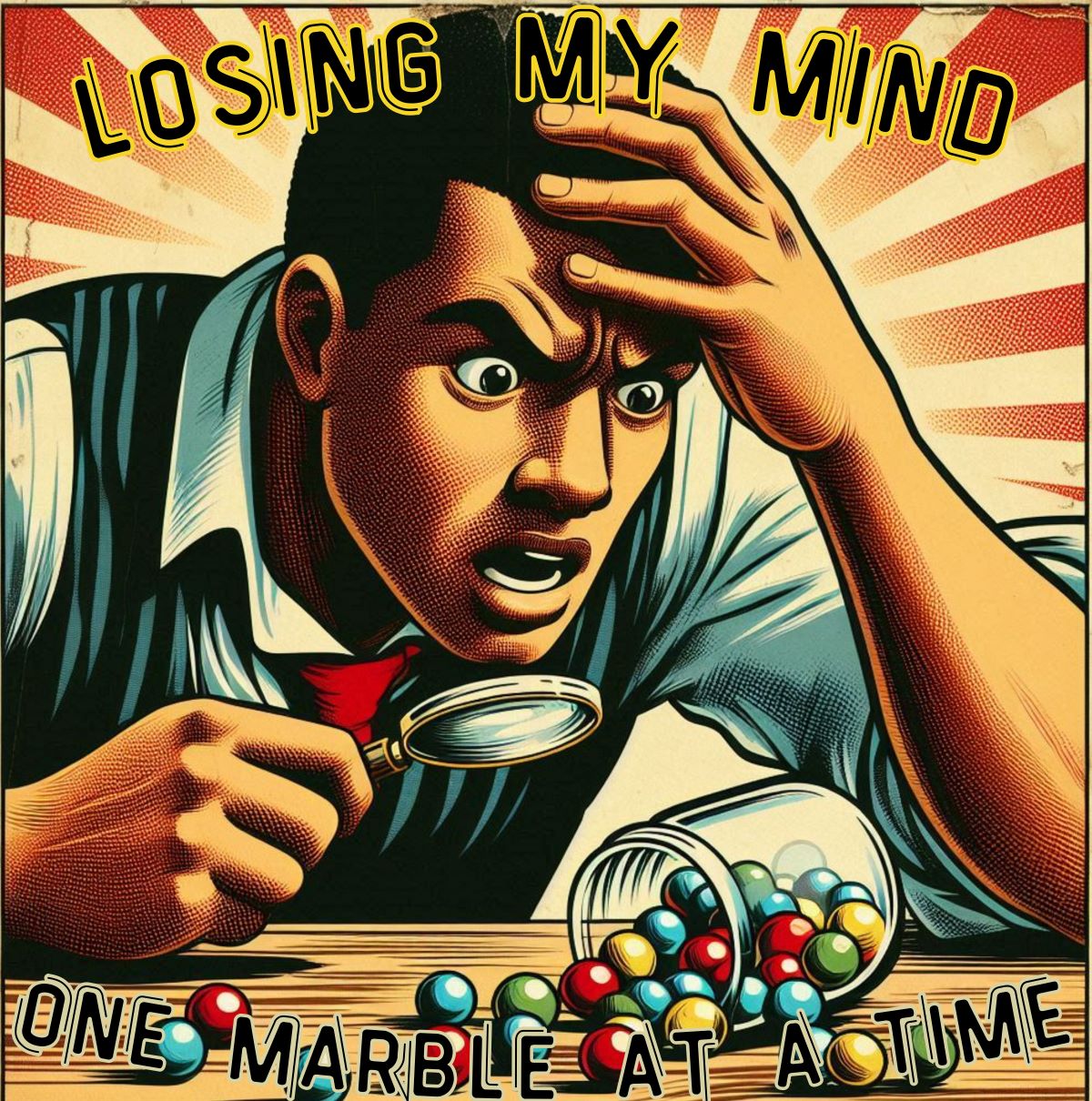Idioms are phrases that mean something different from their literal words. They often sound funny, but they reveal a lot about culture, humor, and everyday life. Let’s explore 25 funny idioms from around the world and learn why they’re more than just silly sayings!
Funny Idioms You’ll Recognize
1. Kick the Bucket (USA/UK)
When someone “kicks the bucket,” it means they’ve died. This idiom’s origin is quite grim, involving a person standing on a bucket with a noose around their neck. A strange way to describe death, don’t you think?

2. Break the Ice (USA/UK)
“Breaking the ice” means starting a conversation to ease the tension. This idiom comes from the practice of ships breaking through ice to move forward.
3. Add Fuel to the Fire (USA/UK)
“Adding fuel to the fire” means making a bad situation worse. It’s an idiom about exacerbating problems rather than solving them.
4. Paint the Town Red (USA/UK)
“To paint the town red” means to go out and have a wild time. It likely originates from a night of chaos in England where people literally painted buildings red!
5. Cost an Arm and a Leg (USA/UK)
If something “costs an arm and a leg,” it’s very expensive. The idiom might stem from art commissions where more limbs meant higher costs.
Idioms With a Touch of Wisdom
6. The Walls Have Ears (France)
When someone says “the walls have ears,” it’s a warning that others might be listening. It’s all about being careful with your words!

7. Have a Chip on One’s Shoulder (USA/UK)
Having “a chip on your shoulder” means being resentful or easily offended. It originates from the practice of placing a chip on one’s shoulder as a challenge.
8. Walk a Mile in Someone Else’s Shoes (USA/UK)
“Walking a mile in someone else’s shoes” means understanding another person’s experience. It’s an idiom about empathy and seeing things from another’s perspective.
9. Be in Hot Water (USA/UK)
To “be in hot water” means being in trouble or facing difficulties. The idiom suggests discomfort and danger, much like being in boiling water.
Funny Idioms Featuring Animals
10. Let the Cat Out of the Bag (USA/UK)
“Letting the cat out of the bag” means revealing a secret accidentally. It comes from a market trick where a cat was substituted for a pig in a bag.
11. Have a Frog in One’s Throat (USA/UK)
“To have a frog in your throat” means to have difficulty speaking. The imagery of a frog suggests an obstruction in the throat.
12. Have a Snake in Your Pocket (France)
This idiom describes a stingy person who doesn’t want to spend money. It’s as if they have a snake in their pocket, preventing them from reaching for their wallet!
13. Not My Circus, Not My Monkeys (Poland)
When you say, “Not my circus, not my monkeys,” you mean it’s not your problem. This idiom uses circus imagery to emphasize avoiding unnecessary complications.

14. Buy a Cat in a Sack (Germany)
To “buy a cat in a sack” means to buy something without seeing it first. It suggests foolishness and risk, as you might get something unexpected!
15. Ride the Donkey Backward (Arab countries)
“Riding the donkey backward” means doing something foolishly or incorrectly. It’s a funny visual that highlights incompetence.
16. Have Bats in the Belfry (USA/UK)
“Having bats in the belfry” means being crazy or eccentric. It uses the imagery of bats flying around in a bell tower to describe someone mentally disorganized.
Food for Thought in a Snappy Idiom
17. Give Someone Pumpkins (Spain)
“To give someone pumpkins” means to reject them romantically. Pumpkins, in this context, symbolize refusal or being turned down.
18. Walk on Eggshells (USA/UK)
“Walking on eggshells” means to act carefully to avoid upsetting someone. It’s about being extremely cautious, like walking on delicate eggshells.
19. Spill the Beans (USA/UK)
“To spill the beans” means revealing a secret. It likely comes from ancient Greek voting practices where beans represented votes.
20. Like Two Peas in a Pod (USA/UK)
If two people are “like two peas in a pod,” they are very similar. It reflects the close and identical nature of peas in the same pod.
Capturing Human Experiences
21. Keep a Stiff Upper Lip (UK)
“Keeping a stiff upper lip” means staying calm and composed in tough situations. It reflects the British value of emotional restraint.
22. Lose One’s Marbles (USA/UK)
To “lose one’s marbles” means going crazy or becoming mentally unstable. The idiom comes from the game of marbles, symbolizing losing one’s sanity.

23. Jump Out of One’s Skin (USA/UK)
This idiom means to be extremely startled or frightened. It describes an intense reaction, as if someone could leap out of their own skin!
24. Carry Water in a Sieve (Italy)
“To carry water in a sieve” means trying to do something impossible. It’s an idiom about frustration, like trying to catch water with a sieve.
25. Caught Between Two Stools (UK)
“Being caught between two stools” means failing because of indecision or trying to do two things at once. It’s about the importance of focus and choice.
Why Are Funny Idioms Culturally Important?
Idioms aren’t just funny phrases; they are cultural treasures. Here’s why they matter:
1. Reflect Cultural Values and Beliefs
Idioms reveal what’s important in a culture. The British idiom “keep a stiff upper lip” shows a value for emotional control and resilience.
2. Connect Language to Daily Life
Idioms come from everyday life and experiences. They often use imagery from common activities like farming or cooking, making them relatable.
3. Preserve Historical Contexts
Many idioms have historical roots. For example, “spill the beans” preserves ancient Greek voting practices, keeping history alive in everyday language.
4. Enhance Communication with Metaphors
Idioms add color and depth to language. They allow people to express complex ideas quickly using metaphors and cultural references.
5. Showcase Humor and Creativity
Idioms often use humor and creativity. Phrases like “not my circus, not my monkeys” show a culture’s unique way of dealing with problems.
6. Highlight Common Human Experiences
Despite different languages and cultures, idioms reflect universal experiences like love, loss, and work. They connect us by showing shared human emotions and situations.
7. Reveal Cultural Norms and Taboos
Idioms can also hint at what’s considered acceptable or taboo in a culture. Phrases about money or behavior show cultural attitudes and societal norms.
Conclusion
Funny idioms are more than just amusing expressions. They are a window into the heart of cultures worldwide. By learning them, you not only enrich your language but also gain insight into different ways of life and thinking. So, the next time you hear a funny idiom, remember: it’s a piece of cultural heritage, waiting to be discovered!
Find more sayings and proverbs from different cultures in these articles:
Dysfunctional Family Quotes: Bringing Humor to the Table
15 Proverbs About Family: Celebrating the Value of Knowing Your Ancestry



1 Comment
NY weekly Good post! We will be linking to this particularly great post on our site. Keep up the great writing